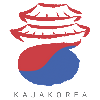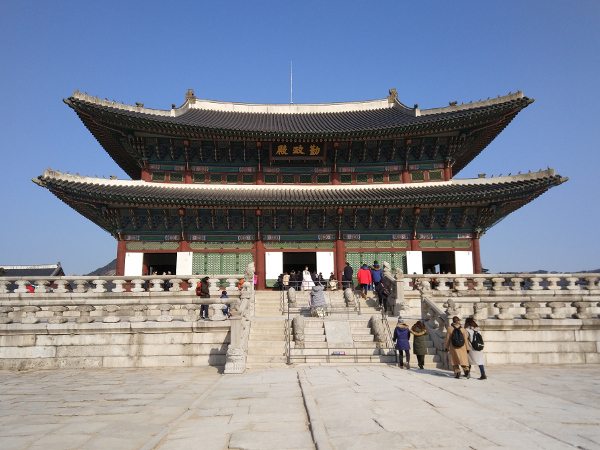Korean Lessons ᚛ Level 3 - Korean for Beginners #2 (Lessons 61 to 90) ᚛ Lesson 66 - The superlative in Korean [가장] [제일]
The superlative in Korean [가장] [제일]
The superlative signifies that something is "the most …" or "the least …". For example the sentences "Jimin is the shortest." and "Ceci is the dearest." use a superlative.
The superlative with 가장
In Korean, to express the superlative, we generally use the adverb 가장.
지민은 가장 키가 작아.
→ Jimin is the shortest.
이것은 가장 비싸요.
→ This is the most expensive.
한국에서 제주도가 가장 따뜻해요.
→ Jeju Island is the warmest place in Korea.
The superlative with 제일
It is also possible to use the adverb 제일 in the same way. 가장 and 제일 have exactly the same meaning and are interchangeable. Note that the form 제일 is most often found in speaking, and less often in writing or formal situations.
저는 수학이 제일 싫어요.
→ Math is what I hate the most. (Lit: In what concerns me, math is the most hateable.)
지금 제일 먹고 싶은 게 뭐예요?
→ What do you want to eat the most now?
제일 좋아하는 그룹은 방탄소년단입니다.
→ My favorite group is BTS. (Lit: The group I like the most is BTS.)
Useful vocabulary for the superlative
Apart from the structures we just saw, there are many other vocabulary words that can be used in our sentences to express a comparison or a superlative. These words generally begin with the prefix 최. Let's take a look at some of them.
Learn more
Exercises
Learn more
This printable eBook teaches you Korean writing and includes more than 1,000 Korean vocabulary words divided into 40 categories. Each word comes with audio pronunciation recorded by native Korean speakers (no AI)!
On top of that, you’ll also get access to an online vocabulary learning tool based on the scientifically proven Leitner spaced repetition method.
Learn more

